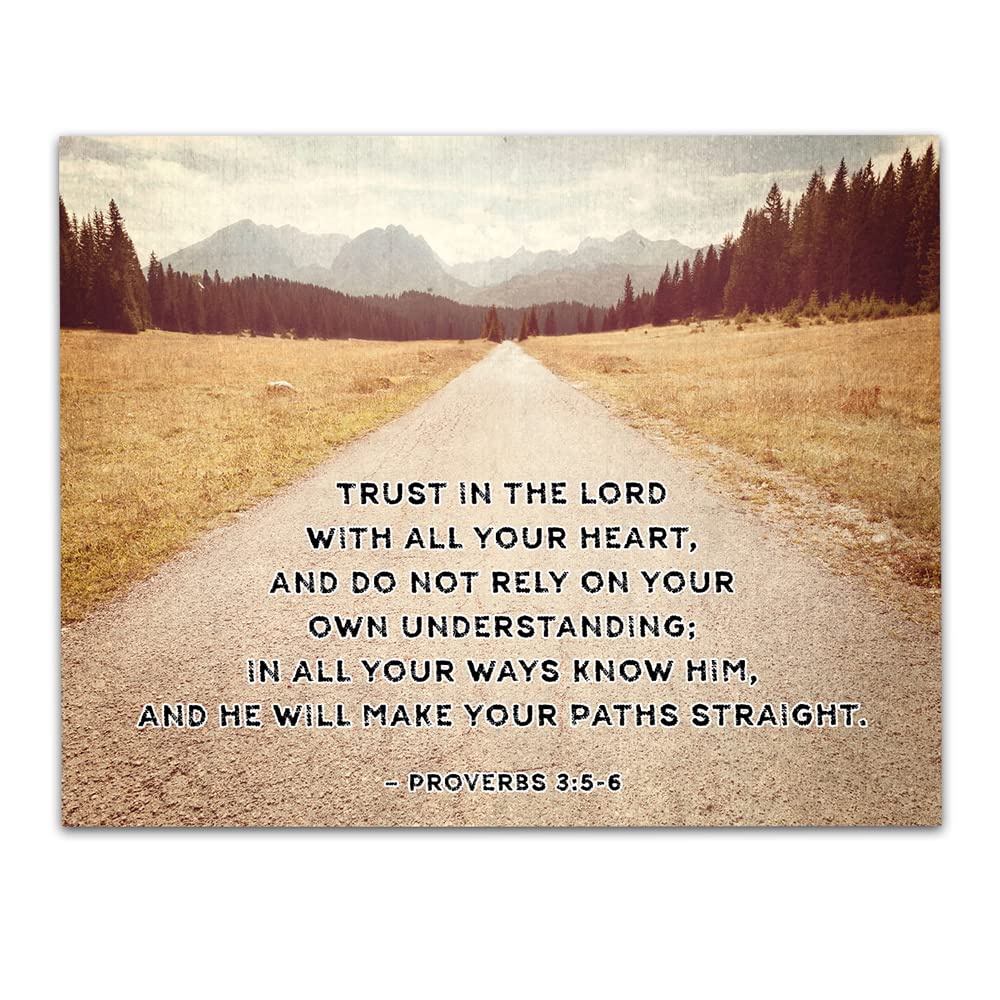Have you ever found yourself pondering the enigmatic question, “What is it about me?” It’s a question that tends to surface when relationships crumble right before our eyes, leaving us with a sense of confusion and heartache. We wonder why people betray us, and we may even question what could be inherently wrong with us. The quest to understand the root of this issue can be both introspective and revealing.
First and foremost, it’s important to acknowledge that the notion of betrayal is a complex and multifaceted aspect of human relationships. It often stems from various factors, such as miscommunication, unmet expectations, and personal insecurities. While it’s easy to internalize these experiences and wonder what we did wrong, it’s crucial to remember that betrayal is not always a reflection of our worth or character.

Scripture provides wisdom and comfort during times of personal reflection and adversity. In times of doubt and introspection, we can turn to my favorite book, the Bible, in Proverbs 3:5-6, “Trust in the Lord with all your heart and lean not to your own understanding, in all your ways acknowledge Him, and He will make your path straight.” This scripture reminds us that while we may question ourselves and our circumstances, ultimately, trust in God can provide clarity and guidance.
Self-reflection is an essential step in understanding the dynamics of our relationships. It can help us identify patterns in our interactions with others and reveal areas where we may need personal growth or improvement. However, this should not be a journey of self-blame or self-criticism, but rather an opportunity for self-awareness and self-empowerment.
When you find yourself asking, “What is it about me?” don’t do so blaming yourself for whatever went wrong. Instead, reframe your thoughts and consider the following:
- Misunderstandings can lead to strained relationships. Reflect on your communication style. I didn’t say change it, but consider how you communicate. I know I have to do so regularly.
- Unrealistic or unspoken expectations can lead to disappointment and feelings of betrayal.
- Self-esteem and self-worth play a significant role in how we perceive and respond to betrayal. I have a strong sense of self and that helps me navigate challenging situations more confidently.
- Betrayal can erode trust, making it difficult to establish healthy connections. I remind myself often that I have trust issues and that causes me to keep my guard up. Consider how trust issues may have affected your relationships and what steps you can take to rebuild trust.
- Use the experience of betrayal as an opportunity for personal growth. Embrace the lessons learned, and seek ways to become a better version of yourself.
- Sometimes, seeking guidance from a trusted friend or therapist can provide valuable insights and support in understanding your role in relationships and any recurring patterns.
Remember that relationships are a two-way street. While self-reflection is essential, it’s equally important to recognize that betrayal often arises from the complexities of both parties involved. Ultimately, asking “What is it about me?” can be a catalyst for personal growth and healthier, more fulfilling relationships. It’s a question that can lead to self-discovery and a deeper understanding of the intricate dynamics of human connections.
Over the years, I have always had my guard up. People who knew me understood the guarded me and just accepted it. But there has always been a good reason to guard me, because true to form, people I would let it, would end up betraying me. Most times, I would accept the betrayal as another lesson learned, but there have been times when I had to ask myself, “What is it about me?”
